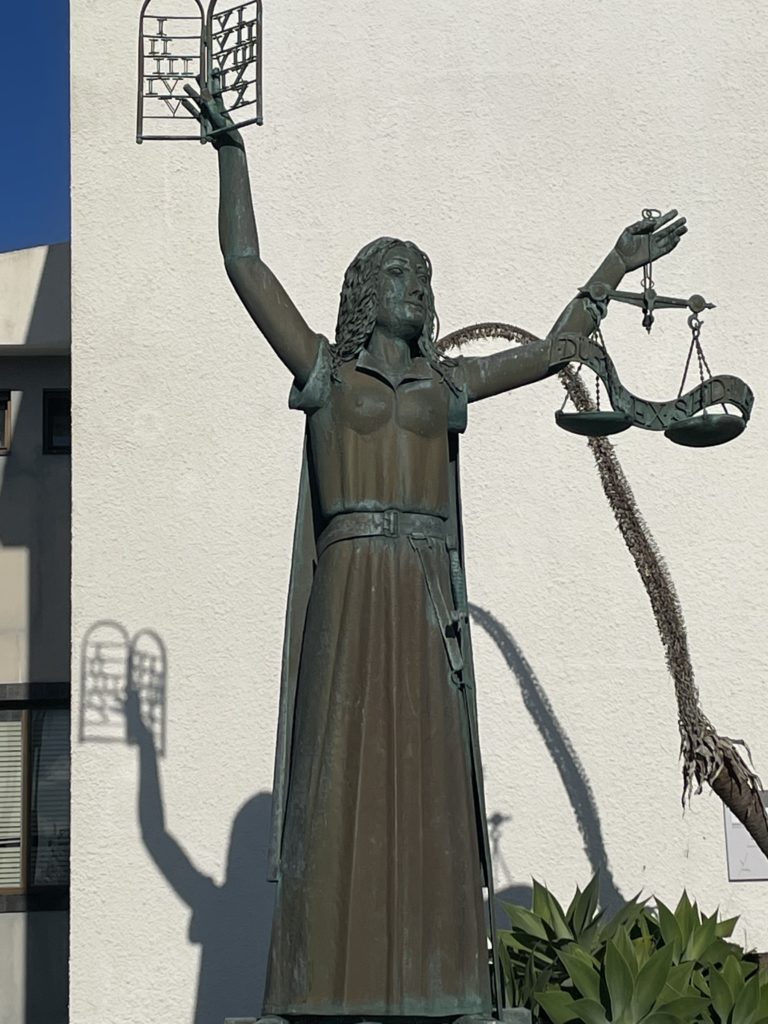When Co Trustees Disagree

When Florida Co Trustees disagree, what is a beneficiary to do? Perhaps the BETTER question is what are the co trustees supposed to do? We have written before on whether or not co trustees must act jointly. Now, let’s consider when co trustees disagree in a Florida Trust.

Florida Trust Rules
In Florida, trustees must rule by majority vote unless the trust says otherwise.
So, if you have an odd number of trustees or co trustees, not to worry. You just vote on stuff.
But what if there are an even number of co trustees? Like two?
Two co trustees is (are) very common in Florida. What rules apply when two co trustees can’t agree?
Well, the answer to that question is two-fold.

When Co Trustees Disagree
First, look to the trust document.
What does it say about trustees’ votes and decision-making?
A trust, for example, could give one trustee “super-trustee” powers. Veto powers.
Or, a third party, a tie-breaker, can step in to decide what to do when Co trustees disagree.
Sometimes there is a “special trustee” for that single role. Or another person such as a trust protector to handle trustee disagreements.
What happens when there is no tie breaker?
Often, trustees go to court. They file a “dec action”. An action for declaratory relief.
The co trustees or co trustee simply tell the Court what’s going on. What the disagreement is and the judge will decide what to do.
To read more about the office of the trustee, click on this part of the Florida Trust Code.
If you are a trust beneficiaries and are sick of your trustees doing nothing, consider filing your own dec action. Florida Trust Beneficiaries have more rights than one may realize.